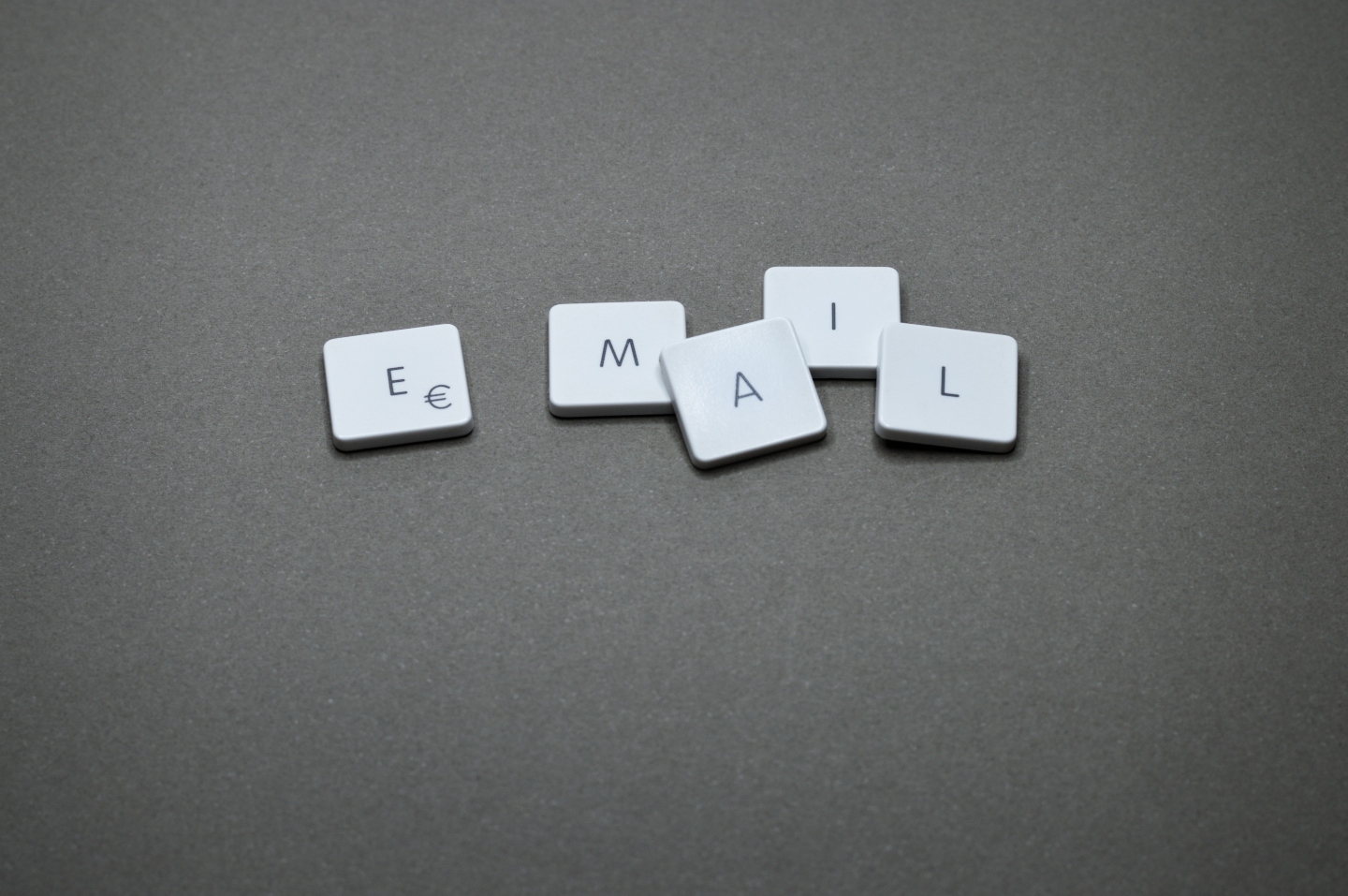
Even though it’s a communication method appreciated by both buyers and sellers, there are actually times when a sales email may not be the best choice when reaching out. Typically, these messages are useful throughout the sales process, from the initial outreach to sharing content.
But not every message is suitable for email; sometimes, a phone call is the best choice. “Email is great for administrative details,” Jeff Hoffman advises in an article for HubSpot. “Use it to coordinate meetings, set up calls, and confirm next steps — but don’t use it to advance an opportunity.”
3 conversations that sellers shouldn’t have via sales email
Hoffman shares various scenarios in which sellers should avoid using email, and some of his suggestions may surprise you. One of his suggestions is to not use email when handling objections.
While it may seem like a great tool for laying out a thoughtful response, think again. Why? As Hoffman explains, “You need to gauge how your responses are going over with the buyer — which is tough to do over email. If you try to handle this objection over email, you risk dragging out the deal, losing your prospect’s interest, or even losing the contract.”
Even if you receive the objection via email, don’t keep the chain going. Instead, write back and ask to schedule a call to discuss things further. And for advice on making sure your responses counter even the biggest objections, check out these tips.
Stick to discovery calls
It can be tempting to use a sales email to ask discovery questions. But a discovery session should be held when you have the ability to guide the conversation and base its direction on the buyer’s responses. “Wait until you can devote your whole attention to asking the right questions and listening for the right answers,” he writes. “It’s important that you’re able to guide the conversation as it’s happening.”
Now, sellers can send an initial outreach email prior to a discovery call and include one or two questions. In a post for LinkedIn, Collin Stewart notes that a pre-call email can be a great way to connect and even get buyers thinking by asking a couple of questions. Just leave those in-depth discovery questions for an in-person or video call.
Check-in with new clients by phone
The most successful sellers know that a relationship with a buyer doesn’t hit the brakes as soon as the deal closes. As SalesFuel points out, “Post-sale follow-up is important because it extends your value past the point of sale. Most sales reps know this. So, they use this time to answer questions and extend offers of any customer service that might be needed.”
As convenient as a sales email would be, use the phone for these conversations. This more personal outreach will nurture the relationship you’ve started building better than an email could. And again, the ability to have a dialogue that builds on each other’s responses will lead to a more fruitful discussion. “You want them to feel just as valuable (if not more) as a client as they did as a prospect,” according to Hoffman. “ Don't send them an automated email every few months to check up on their experience. Be engaged, proactive, and phone forward.”
There are plenty of opportunities for sellers to use a sales email to engage, learn and share with a buyer. But as just discussed, there are also moments when a phone call is the best choice. Balancing these two outreach methods and using them effectively ensures you both stay connected and informed.
Photo by Miguel Á. Padriñán
